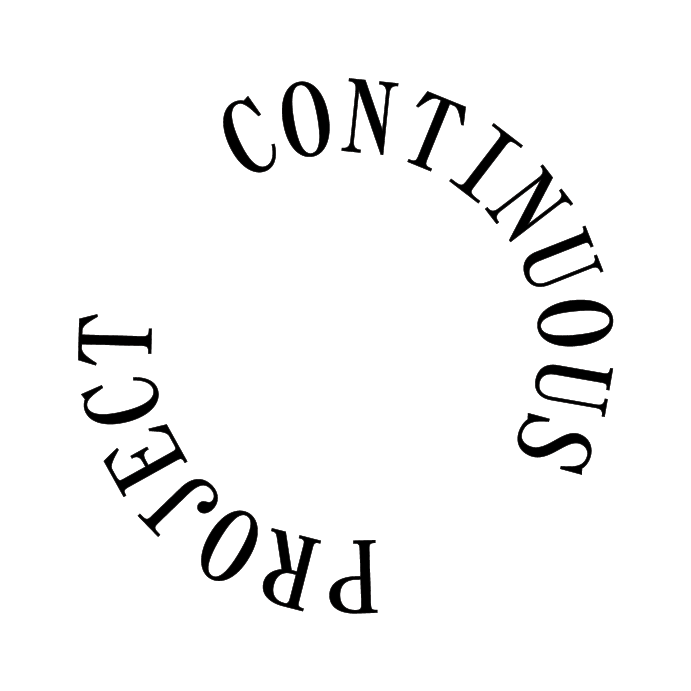What’s your take on photos?
Dear CP,
What’s your take on photos? I haven’t yet found someone I like to photograph my work, so every time I schedule a photography session with a different photographer, and it winds up feeling like a giant waste of time and money. I don’t end up using the images because they aren’t good, and I get annoyed at myself for half stepping. Do I really need images, or am I focusing on externals that don’t matter? Could I do it myself, or should I keep searching for a professional photographer who can get the results I’m looking for?
Thanks for this great—and very foundational—question! Anyone who works with me knows that I don’t often have prescriptive responses to many inquiries that come my way because I believe that most situations are unique. In this case however, I have a clear and unwavering response to anyone who is or wants to be an artist in public: Yes, great documentation of your work is essential and worth the investment.
Think back on your life, and consider: How many artworks have you seen in person? Next, consider: How many artworks have you seen in reproduction? Even people whose life's work is art see more images of art than they do actual artworks. And in the digital era, images are even more paramount than ever before, because they are even more ubiquitous than ever before. Investing in high quality documentation is a cost of doing business (or a cost of the parallel practice, in CP terms) for artists with public-facing careers. That investment might come in the form of learning how to document your own work and acquiring the appropriate equipment to do so, or might be hiring a professional photographer to document your work.
Learning to document your work will include understanding not only how to make the photographs but also how to do the post production that’s required in most cases. You might purchase or rent the equipment you need, the latter being more cost effective (at least, in the short term) if you only document in batches a couple of times per year.
Or, you can seek out a photographer who specializes in this work. Some photographers market their services openly and some you’ll learn about only through word of mouth. Asking around to artist friends and looking at photo credits on websites and in publications will generate names of folks you can get in touch with to learn more about how they work and decide if it’s a good fit. Before hiring anyone, request a brief informational interview to ask any questions you have about their process, costs, deliverables, and how to prepare so that you both make the most of your time.
If you’re represented by a gallery partner, or you have an exhibition in a nonprofit art space or museum, you can usually expect those parties to document your exhibitions and the individual works in them and share the image files with you. But please don’t assume that every exhibition presenting partner will document all of your work, all of the installation views, everything just the way you’d like it, and that they will share the image files with you. Make sure that documentation is part of your discussions with any exhibition presenting partner so that you understand what to expect and negotiate for what you need. If they are not willing to document your exhibition—and also all of the individual works in the exhibition—in a way that aligns with your standards, and if they will not readily share the documentation with you (and by that I mean share it with you without asking you to share in the cost), then you will also want to consider hiring your own photographer. Or if you go that route, plan to document it yourself.
Investing in great images of your work honors the investment you’ve made in your life’s work as an artist. Great images allow colleagues, curators, gallerists, and collectors to see your work in the next best light, the best always being in person. They contribute to the historical record and signal the care and value you have for your work in your outreach materials and in applications for opportunities like grants and residencies, all of which are integral to the parallel practice that will keep building the visibility you likely desire for your work as an artist in public.
